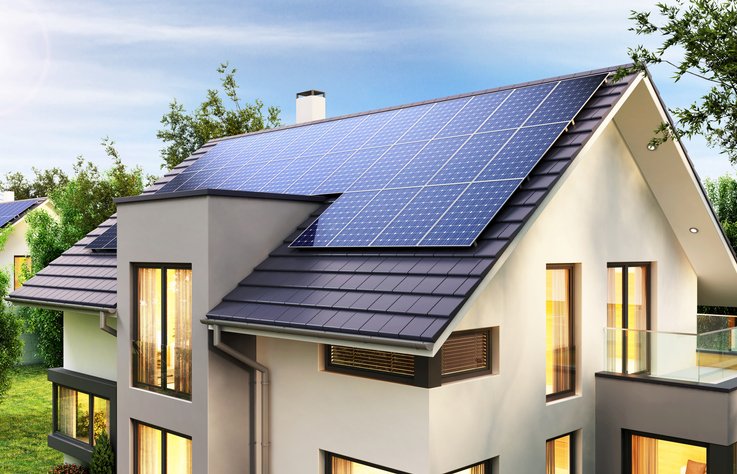
What you need to know about Home Solar
So here in Florida and other states like California, there has been a strong push to get as many people as possible to add solar to their homes. I looked into the idea myself and went down a rabbit hole. The more I read about solar panels, the less I wanted to do it. While solar panels have worked for some, there is a very real potential for getting scammed. Before we get into the ins and outs of home solar panels, let’s talk about how they really work.

How Home Solar Really Works
Most people believe that having home solar panels will provide power in case of an emergency. That is only true if you have a battery storage system in your house. Without a battery system, when city power goes down, so does your solar system. Why? That’s because any power generated by your home solar panels is sent into the power grid first. Your home still draws power from the city grid, and the advantage lies in “Net Metering.” This means you get credited for the energy your solar panels generate and send to the grid, which offsets the energy you consume from the grid. However, during a power outage, the grid’s connection to your solar system is severed, leaving you without power.
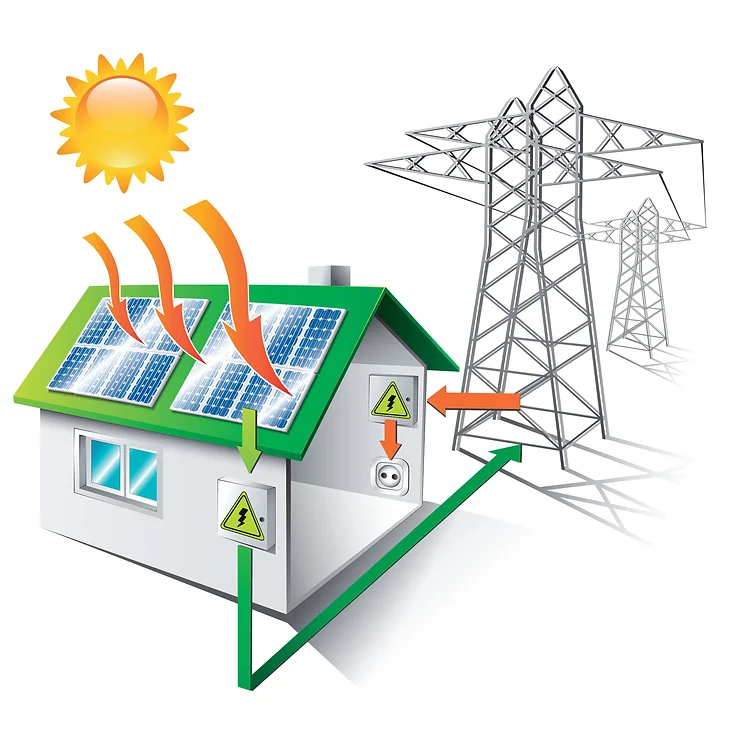
Another misconception is that a solar panel system will completely eliminate your electricity bill. In many cases, the system might not generate enough power to meet your household’s full needs, especially during high usage periods. You may still have to pay the local power company for additional energy and connection fees.
Power Wall – Batteries
The exception to the power outage scenario is if you have a battery storage system, like Tesla’s Powerwall. These systems allow your solar panels to store energy for later use. In the event of a city power outage, the stored energy can power your home—at least partially. Typically, battery systems are designed to prioritize essential circuits, like your refrigerator, heating, or critical lighting, while non-essential devices remain offline. However, if you attempt to run your entire house as usual, the stored energy will deplete quickly, often within a few hours. Solar panels alone cannot replenish the battery fast enough to sustain full-house power for an entire day.
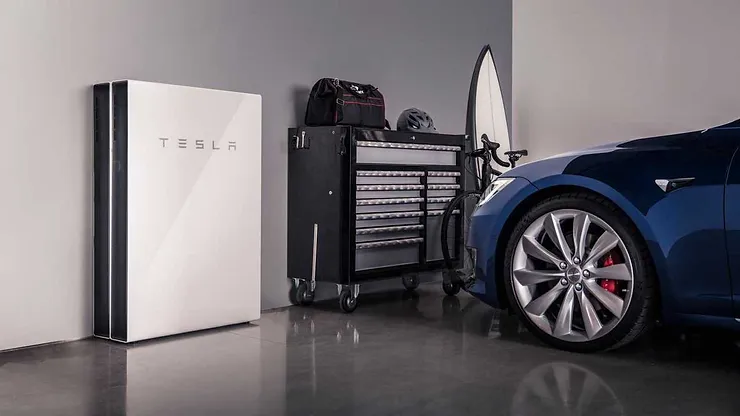
Let’s Talk Maintenance
Despite popular belief, solar panels are not maintenance-free. Over time, dirt, debris, and weather-related factors reduce their efficiency. If you neglect to clean your panels on a yearly or bi-yearly basis, their performance will deteriorate, leading to lower energy production. In turn, you’ll rely more on the local utility grid, reducing your savings. Cleaning solar panels is relatively straightforward and can be done as a DIY project or through a local service provider. Regular maintenance ensures optimal efficiency and maximizes the return on your investment.
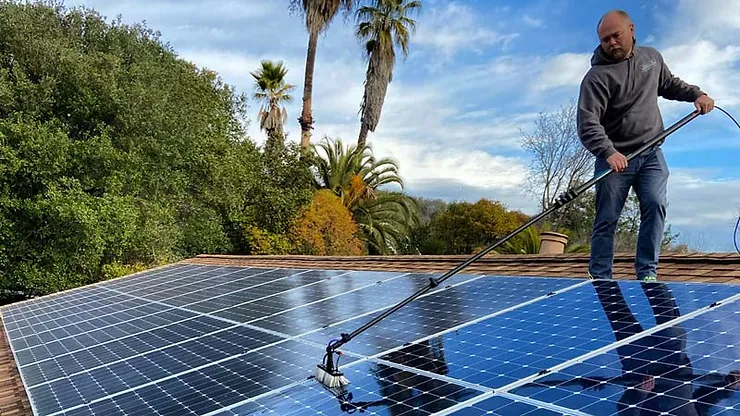
Expected Payback Period
On average, a home solar system pays for itself within 6 to 12 years, depending on factors like system cost, local incentives, energy consumption, and electricity rates. States like California and New York typically have shorter payback periods due to higher electricity costs and generous incentives. Florida and Texas, with lower electricity rates, might take slightly longer to reach the break-even point. Regardless, a well-maintained system can significantly reduce or eliminate electricity costs for decades after the payback period.
State-by-State Differences
California: Solar adoption is widespread due to high electricity rates and robust state incentives. The state’s abundant sunlight further boosts efficiency and energy production, making it an excellent place for solar investment.
Florida: Known as the “Sunshine State,” Florida has great solar potential. While electricity rates are lower than in California, state incentives and net metering policies still make solar an attractive option.
Texas: With its vast size and abundant sunlight, Texas is ideal for solar. However, the state’s deregulated energy market means incentives and net metering policies vary by utility provider.
New York: High electricity rates and strong state incentives, such as tax credits and rebates, make New York a leader in solar adoption despite its less favorable climate compared to sunny states.
Expected Lifespan of Solar Panels
The typical lifespan of solar panels is around 25 to 30 years. During this time, most panels will lose some efficiency, typically around 0.5% to 1% per year. By the end of their lifespan, panels usually operate at about 80% of their original efficiency. Proper maintenance, including regular cleaning and ensuring no physical damage, can help extend their useful life.
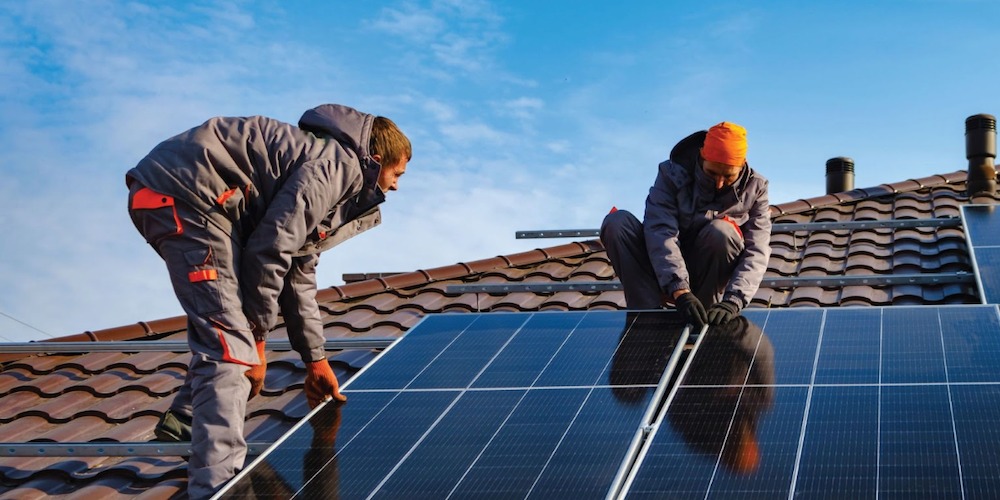
Home Insurance Considerations
Before installing solar panels, check with your home insurance provider. Some insurers may charge higher premiums or impose restrictions on solar installations. In rare cases, an insurer might drop your coverage altogether. Ensuring your system is covered by insurance is crucial, especially since hail or wind damage can be costly to repair.
Price and Financing
When it comes to financing your solar system, you have two primary options:
- Direct Purchase or Financing: This gives you full ownership of the system. While the upfront cost is higher, you’ll benefit from tax incentives and won’t have to worry about lease agreements. If you sell your home, you can often transfer the remaining loan to the buyer.
- Leasing: Leasing solar panels often leads to dissatisfaction. Many leasing companies charge higher rates, and the lease agreement may complicate selling your home. Always read the fine print and compare options carefully.
Is Solar Worth It?
The short answer is yes, but only under the right circumstances. Solar energy can save you money and reduce your carbon footprint, but it requires thorough research and planning. Consider factors like your location, energy needs, local incentives, and the reputation of the installation company. Avoid high-pressure sales tactics and take your time to compare quotes and financing options.
With the right system and proper maintenance, solar panels can provide significant financial and environmental benefits. Just remember: the devil is in the details, so do your homework before making a decision.
Good luck!
Hector
Just a guy with a lot of thoughts on a lot different things. This site is where I can share some of those thoughts. I'm in Defense and Aerospace and we will leave it at that.
You May Also Like

Ignite Your Backyard Oasis: My Favorite Firepit Picks
December 12, 2024
The Weber Q1000 Grill: A Compact Powerhouse for All-Season Grilling
December 12, 2024

